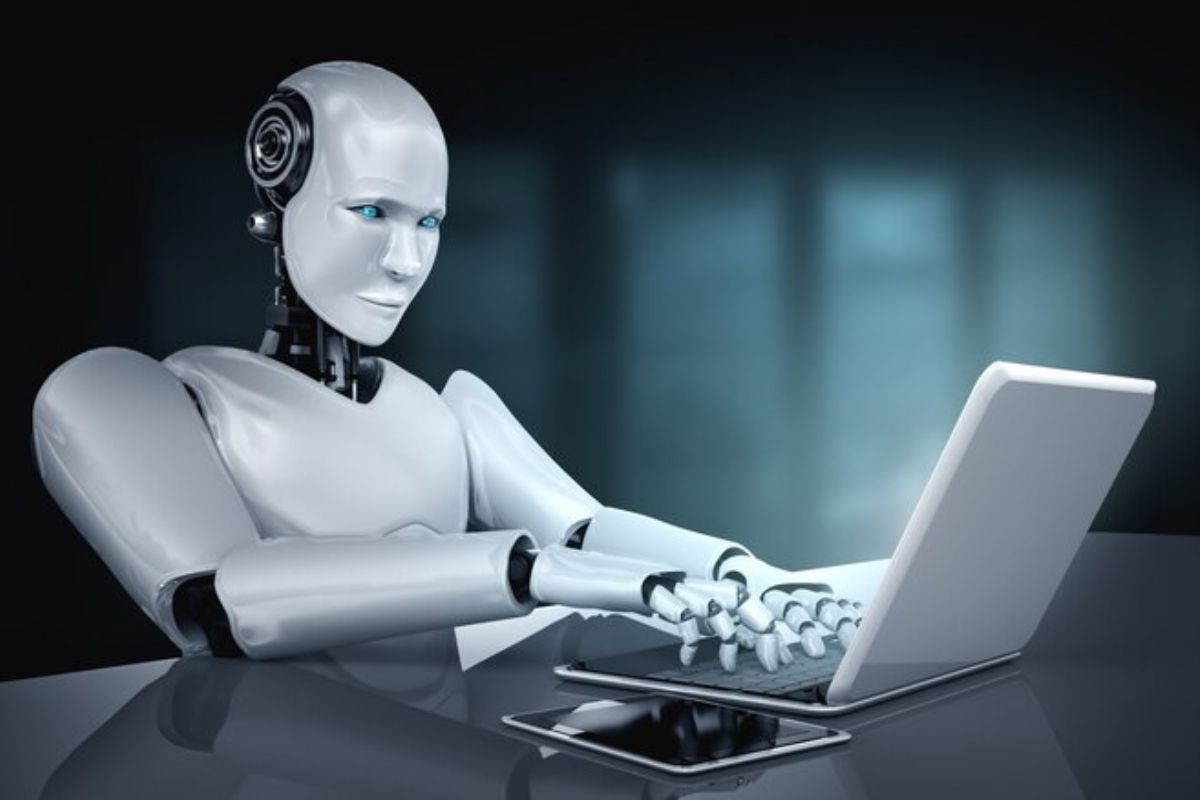Every year, July 16 marks the celebration of ‘World AI Day’, honoring the field of artificial intelligence and its groundbreaking innovations. This year holds special significance as AI has become an integral part of our daily lives, extending beyond industry and science.
Originating from Alan Turing’s work in the 1950s, AI has evolved significantly, propelled by advancements like OpenAI’s ChatGPT. Turing introduced the concept of the Turing Test, assessing a computer’s ability to imitate human thinking.
Shortly after, the Dartmouth Workshop in 1956 became the birthplace of AI as a field of study. With mathematicians and scientists collaborating for weeks, the workshop aimed to explore the potential of machines simulating human intelligence, language, problem-solving, and self-improvement.
The later years witnessed a revival in the space of AI, fueled by the internet and machine learning. The 2010s marked the mainstream adoption of AI, with major tech giants actively embracing and harnessing its potential.
Key milestones in this period include:
- In 2008, Siri, Apple’s virtual assistant, was introduced, followed by Amazon’s Alexa in 2014, showcasing the growing prominence of AI in everyday life.
- 2015 witnessed Google’s AlphaGo, a computer program designed to play the board game Go, defeating Chinese Go player Fan Hui, demonstrating AI’s prowess in complex tasks.
- 2016 marked the emergence of Sophia, the first robot citizen, highlighting advancements in humanoid AI technology and human-like interactions.
- Finally, in 2023, the advent of ChatGPT showcased a remarkable chatbot capable of engaging in human-like conversations, pushing the boundaries of AI interaction.
These developments illustrate the comprehensive nature of AI’s impact, encompassing virtual assistants, game-playing algorithms, humanoid robots, and advanced chatbots. The progression of AI has truly come full circle, transforming various aspects of our lives.
Artificial Intelligence (AI) is a revolutionary technology that has significantly transformed various aspects of our lives. As we celebrate World AI Day, it is crucial to recognize the profound impact that AI has had on a global scale, revolutionizing industries and shaping the future of our society.
AI has emerged as a powerful tool with its ability to process vast amounts of data, recognize patterns, and make intelligent decisions. Its applications span across diverse fields, including healthcare, finance, manufacturing, transportation, and more. Let us explore some key areas where AI has made a remarkable impact.
In the healthcare sector, AI has revolutionized diagnostics, treatment plans, and patient care. AI-powered algorithms can analyze medical data, aiding doctors in accurate diagnoses and personalized treatment recommendations. This technology has the potential to improve medical outcomes, optimize resource allocation, and enhance the overall quality of healthcare services worldwide.
The financial industry has also witnessed significant advancements due to AI. Machine learning algorithms have revolutionized fraud detection, risk assessment, and algorithmic trading. AI-powered chatbots and virtual assistants provide personalized customer experiences, while robo-advisors offer efficient and data-driven investment recommendations. The integration of AI in finance has led to increased efficiency, improved security measures, and enhanced customer satisfaction.
In manufacturing, AI has transformed traditional factories into smart, automated environments. Intelligent robots and machines powered by AI can perform complex tasks with precision and speed. AI-driven predictive maintenance systems help reduce equipment downtime, optimize production processes, and minimize costs. The use of AI in manufacturing has resulted in increased productivity, improved product quality, and streamlined supply chain management worldwide.
Transportation is another sector where AI is revolutionizing the way we move. Self-driving cars and autonomous vehicles are revolutionizing transportation, promising safer and more efficient travel. AI-powered traffic management systems can analyze real-time data to optimize traffic flow and reduce congestion. Additionally, AI algorithms are being used to enhance logistics and improve route optimization, resulting in reduced delivery times and improved efficiency across the transportation industry.
Beyond these sectors, AI has permeated various aspects of our lives, from virtual assistants on our smartphones to recommendation systems on streaming platforms. AI is constantly evolving, with ongoing research and development pushing its boundaries further.
While the impact of AI has been transformative, it is important to address ethical considerations and ensure responsible use. As we embrace the potential of AI, it is crucial to prioritize transparency, fairness, and accountability to mitigate any unintended consequences.
The IT sector has experienced a profound and far-reaching impact due to the advent of artificial intelligence (AI). This groundbreaking technology has revolutionized the way businesses operate, transforming various aspects of the IT industry and opening up new opportunities for innovation and growth.
AI has brought significant advancements in areas such as data analysis, automation, cybersecurity, and customer experience within the IT sector. Let’s explore some of the key impacts of AI in more detail:
- AI revolutionizes the IT sector with advancements in data analysis, automation, cybersecurity, and customer experience.
- Enhanced data analysis: AI extracts valuable insights from vast amounts of data, enabling data-driven decision-making and operational efficiency.
- Automation and efficiency: AI automates routine tasks, freeing up IT professionals for strategic initiatives and driving innovation.
- Cybersecurity and threat detection: AI detects and prevents cybersecurity threats by analyzing network traffic and proactively responding to breaches.
- Improved customer experience: AI-powered chatbots and virtual assistants provide personalized and real-time customer support, enhancing the overall experience.
- Predictive maintenance: AI-driven predictive maintenance optimizes equipment management by predicting failures and reducing downtime.
- Ethical considerations: Responsible AI usage is essential, addressing biases, privacy concerns, and unintended consequences.
- Embracing AI: IT professionals must embrace AI to stay at the forefront of technological advancements and drive digital transformation.
The impact of AI on the IT sector is ongoing, with continuous advancements and innovations being made. As AI technology continues to evolve, IT professionals are faced with new challenges and opportunities. Embracing AI allows businesses to stay at the forefront of technological advancements, deliver more efficient and effective solutions, and drive digital transformation within the industry.
World AI Day serves as a reminder of the incredible progress made in the field of AI and its global impact. As this technology continues to advance, it holds immense potential to reshape industries, solve complex problems, and improve the overall human experience. By fostering collaboration, research, and ethical practices, we can harness the power of AI to create a brighter future for all.



